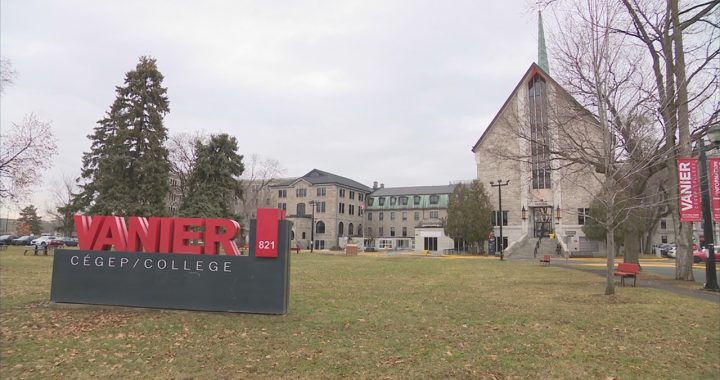
Manitoba says First Nations schools will be some of the first in the province to receive free COVID-19 rapid-testing kits.
The government announced the tests will be available to students in kindergarten to Grade 6 at 57 schools on First Nations, as well as six schools in the north.
The province said in a release Friday it has obtained a limited supply of the rapid antigen test kits from the federal government and, due to supply limitations, it is distributing them to First Nations schools first and will expand to other school divisions as it gets more.
Each kit includes five tests, which the province says will allow families to test each child every three or four days as students return to school in the new year.
The department of central services said the province has secured 110,000 individual tests from the federal government with another 110,000 expected to arrive soon.
The kits are being made available to communities on a voluntary basis and will be distributed through the schools.
The department said 22,000 students are eligible to use the kits. However, the initial amount won’t cover the entire population.
“We are providing kits to these harder to reach parts of the province that take longer to get to and supply options may be disrupted so we’re taking advantage of the reasonable weather now to get these out to these communities,” the department said.
The province’s education department said the majority of COVID-19 cases in schools involve children under the age of 12 and elementary schools have had the most outbreaks.
Education Minister Cliff Cullen said the tests are important for that age group because they haven’t had a chance to get fully immunized yet.
“As we receive more tests, we will provide kits to other school divisions to ensure we can keep schools open and a safe place for children to learn,” Cullen said in a release.
The province was not able to say when rapid tests would be available to other schools, but noted distribution would be based on several factors, including vaccination rates, vulnerability risks and location.
The province also said it started with the north because of the higher rate of vulnerability to COVID-19 in Indigenous communities.
There were 1,799 active cases of COVID-19 in the province Friday. Two new cases of the Omicron variant were also confirmed, bringing that total to eight.
Federal government bringing in new measures
Ottawa also announced Friday it’s recommending people forgot all foreign travel and once again the government is re-instating COVID-19 molecular tests for those returning to the country.
Even for those who have been out of the country for less than 72 hours.
This takes effect Tuesday.
Effective Sunday, the travel ban on 10 southern African countries will also be lifted.
The government says this is because the Omicron variant has now spread throughout the world.
With files from the Canadian Press










